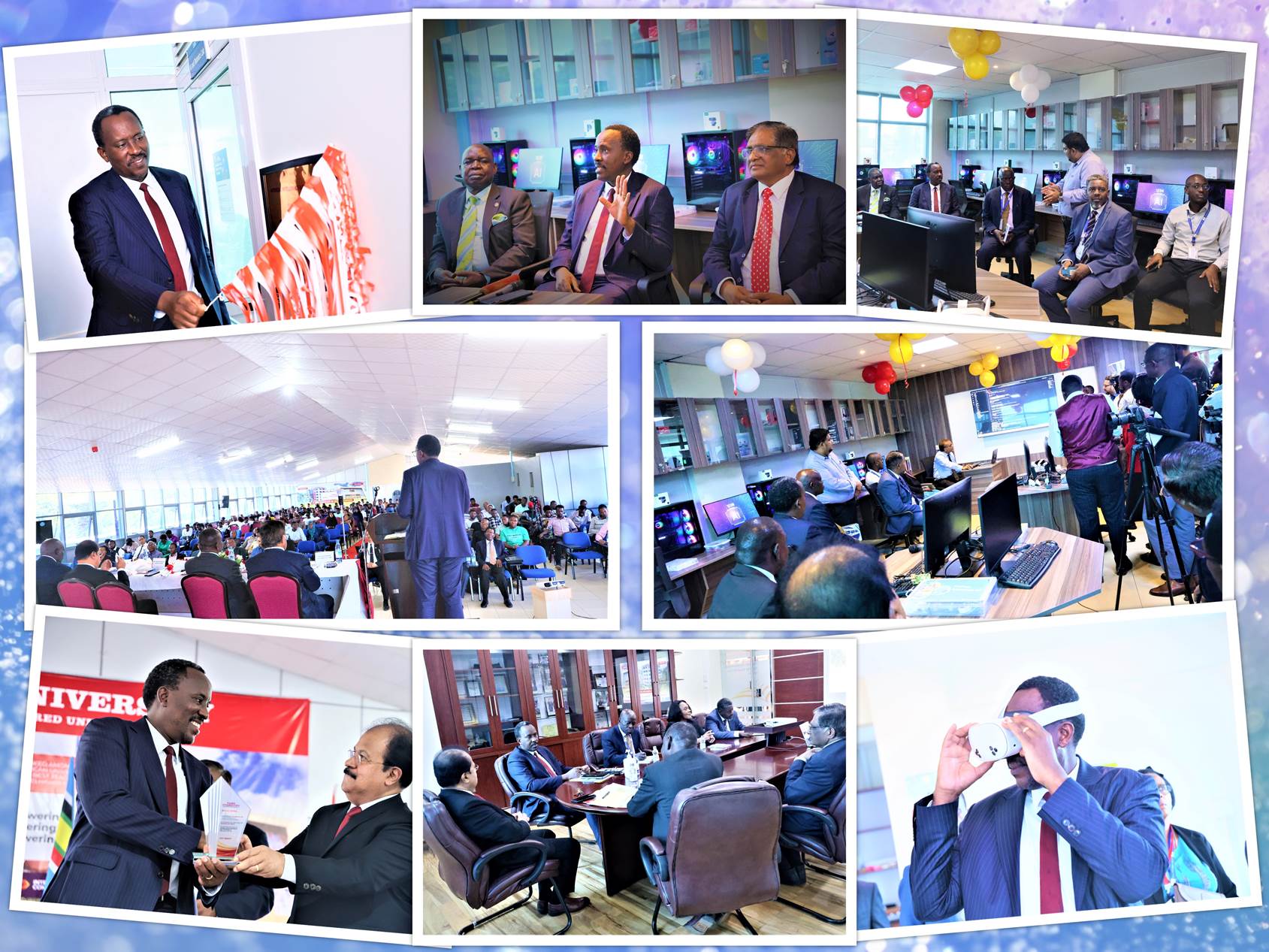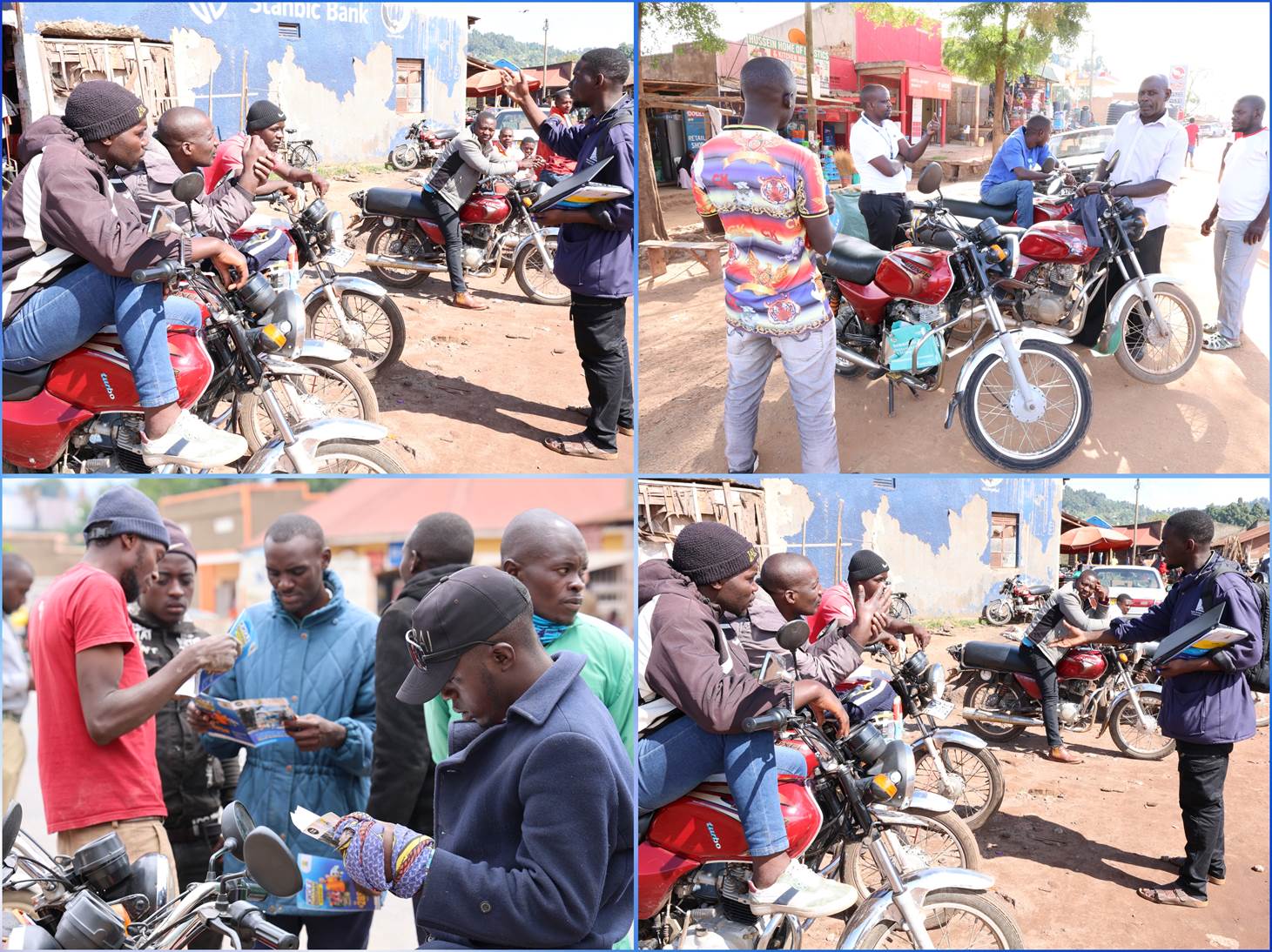By Jacquiline Emodek
Last week, customs officials from the Uganda Revenue Authority met with the management of the Mukwano Group of companies to devise solutions to some of the customs-related challenges affecting their operations.
The team was led by the Commissioner of Customs Abel Kagumire, who appreciated Mukwano’s enormous contribution to Uganda’s economy and for championing the Authorized Economic Operator (AEO) program.
Kagumire however expressed concern about the emerging trend of an increase in re-exports of cooking oil to South Sudan and the Democratic Republic of the Congo.
B.W.Rwabwogo the General Manager-Operations at the Mukwano Group explained that the company is no longer competitive enough to export to the neighboring markets.
He attributed this to the 10% import duty and 1.5% infrastructure levy on crude palm oil (CPO) in Uganda, which have increased the cost of doing business and thus made subsequent products and bi-products more expensive. Kenya and Tanzania do not have import duties on CPO.
“The company that advocated for the introduction of a 10% import duty on CPO is now one of the major importers of cooking oil from Kenya. Our competitors have resorted to making direct imports from Kenya because they have a presence in that territory where no import duty is charged on the raw materials (CPO),” Rwabogo stated.
He added that the stay of application of the Common External Tariff (CET) rate on stearic acid (one of the raw materials used in soap manufacturing) has also affected market access in Rwanda. Rwabogo further expressed dissatisfaction at the intrusion by Kenyans who buy agricultural produce (sesame seeds, sunflower seed, maize) from Uganda, take it to Kenya, and in return export cheap cooking oil to Uganda.
“This is happening at the expense of Mukwano, who have supported and promoted local farmers and out-growers through the distribution of imported seedlings. To Mukwano’s dismay, some exports of produce to Kenya are declared on the cargo manifest, which is contrary to normal procedure,” Rwabogo added.
In response to the manufacturer’s plight, Kagumire noted that the challenges were a result of policy and recommended that a comprehensive study on the impact of the import duty on CPO be undertaken.
“We have let down our manufacturers; I have just returned from Arusha, where I saw other Customs Commissioners putting up spirited fights to protect their indigenous manufacturers; however, our focus has been on revenue, and we need to change this,” Kagumire said.
The manufacturers also highlighted the need for their route sales to be integrated into the Electronic Fiscal Receipting and Invoicing System (EFRIS).
“Now that you are going downtown, how can we integrate our route sales to EFRIS so that our drivers can invoice sales. We are using the merchant code and mobile money to track our sales, but now we need to see how to support the taxman to collect.” Rwabogo proposed.
Management resolved to understand the business model to address the challenge and support revenue collection.










